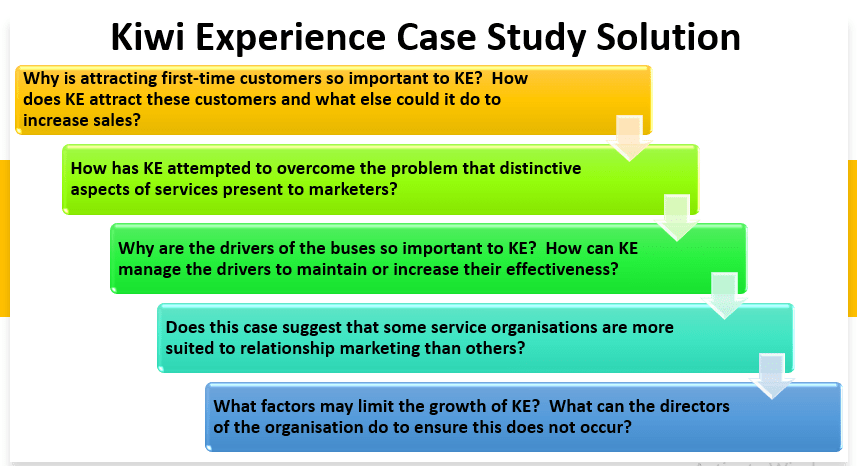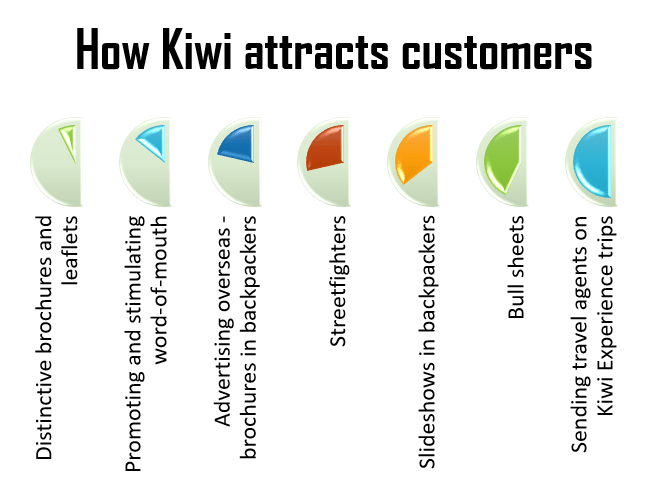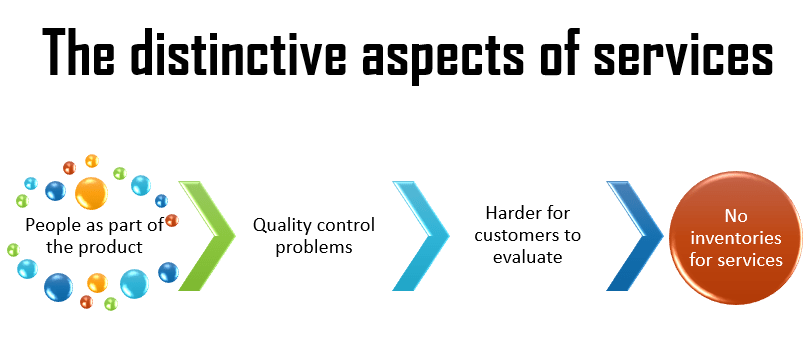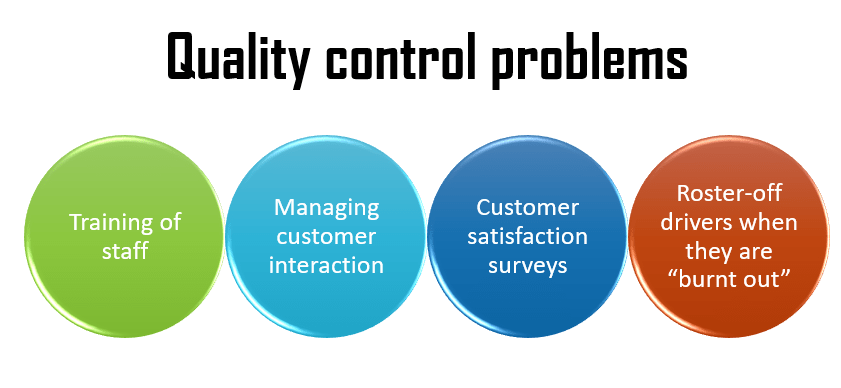How does Kiwi Experience attract these customers and what else could it do to increase sales?
Attracting customers is so important for Kiwi Experience as they cannot rely on customers coming back. Retention of customer is very unlikely. As the case states “it is very unusual for passengers to travel on Kiwi Experience for a second time”. Basically, Kiwi Experience is a one-off experience that actually dissuades customers from taking the trip again.
Kiwi attracts customers by many means:
- Distinctive brochures and leaflets
- Promoting and stimulating word-of-mouth
- Advertising overseas – brochures in backpackers and youth hostels in “steppingstone” cities
- Streetfighters
- Slideshows in backpackers
- Bull sheets
- Sending travel agents on Kiwi Experience trips so they are well informed and enthusiastic about the service
- Memorabilia – which can promote word-of-mouth
Other things Kiwi Experience could do to stimulate sales are:
- Video clips in tourist information places and travel agents in New Zealand and abroad
- Increased advertising at airports
- Focus on different segments of the market – rather than just backpackers (expand their whole market)
- Discounts during quiet periods (as they offer same price throughout year)
- Agreements with backpacker hostels (for example pay them commission for referral, or just to sell their tickets and not the competitor’s)
- Strategic alliances with other travel suppliers (e.g. airlines who fly the backpackers into the country)
Q.2 How has Kiwi Experience attempted to overcome the problem that distinctive aspects of services present to marketers?
The distinctive aspects of services that are relevant to this question are:
- People as part of the product
- Quality control problems
- Harder for customers to evaluate
- No inventories for services
People as part of the product
The things Kiwi Experience do to tray and overcome the problems this creates are:
- Ensure the drivers are selected and trained diligently
- Ensure passengers interact throughout the Kiwi Experience trip – this enables the service to be even better (research has shown that this is the second most important factor)
- Ensuring no passengers affect the enjoyment of other passengers
- Train sales personnel to select the right people for the trip
- Ensure other people involved in the trip understand the “KIWI EXPERIENCE way” e.g. the people running the backpacker hostels.
Quality control problems
The things Kiwi Experience do to try and overcome the problems this creates are:
- Training of staff
- Managing customer interaction
- Customer satisfaction surveys
- Roster-off drivers when they are “burnt out”
- Harder for customers to evaluate
KIWI EXPERIENCE tries to introduce search qualities through:
- Slide shows
- Brochures
- Memorabilia
- Use of street fighters
- Training of sales staff
- No inventories for services
KIWI EXPERIENCE try to overcome this problem by:
- Sophisticated reservation system – enables Kiwi Experience to manage demand and supply effectively
- Varying the number of buses throughout the year
Another interesting thing to try in this question would be to ask the students what Kiwi Experience could do better in terms of these special characteristics. For example, under ‘no inventories for service’ they could alter the price throughout the year. This could raise some interesting points of discussion.
Q.3 Why are the drivers of the buses so important to Kiwi? How can Kiwi Experience manage the drivers to maintain or increase their effectiveness?
The drivers of the buses are so important to Kiwi Experience because they play such a large part in the service experience. In many ways they are the service experience. The list of responsibilities is some indication of their importance. The drivers’ importance is reiterated in the market research which indicates that the passengers are the main driver of customer satisfaction.
This relates to the ‘people’ element of services. The danger for Kiwi Experience is that people are variable. If the driver has a bad trip, then it is very likely that the passengers will not enjoy the trip as much as they could.
Kiwi Experience must ensure this variability is reduced and motivation is maintained through:
- Training
- Selecting the right drivers
- Rostering-off tired drivers
- Customer satisfaction surveys, which indicate which drivers are not performing
- Excellent pay with bonuses
- De-brief with drivers to understand problems, grievances etc.
KIWI Experience could also:
- Have ‘mystery shoppers’ on the buses to ensure service quality is maintained
- Focus groups with passengers to understand how driver performance can be improved
- Empower drivers to solve customer problems while on the trip
Q.4 Draw a continuum indicating where various service organizations may lie on a scale that has ‘relationship marketing of great importance’ and ‘relationship marketing of little importance’ at polar ends?
This case does suggest that some service organizations are more suited to relationship marketing than others. Kiwi Experience cannot rely on most customers returning so relationship marketing may be a fruitless activity. Their resources may be better spent on other activities.
Relationship Marketing Continuum
The continuum below suggests that relationship marketing will play a distinctive role in each service industry. Use this continuum to debate with students where other service organizations may lie on this continuum, or if even the service industries addressed below are on the right place on the continuum.
For example, in services where there is: high frequency of contact; a membership relationship; high perceived risk; high personal involvement and the service is highly customized, then relationship marketing strategy is appropriate. Of course, not all these conditions must be present.
Finally, organizations may only want to establish and nurture relationships with ‘profitable’ customers or those that for strategic reasons (e.g., opinion leaders, ‘blue chip’ clients) may be regarded as important to the firm.
This answer takes a narrow view of relationships – relationships between the service organization and their customers. Other relationships are also important to Kiwi Experience which we should think about. For example, relationships with:
- suppliers
- competitors
- backpacker hostels
- travel agents
- information centers
In this way the term relationship marketing is much more expansive and can then be seen as more important for KE.
Q.5 What factors may limit the growth of KE? What can the directors of the organization do to ensure this does not occur?
The factors that may limit the growth of Kiwi Experience are:
- negative word-of-mouth
- competition catching up and overtaking KE
- New Zealand becoming a less popular tourist destination
- expectations of customers not being met
- not following market trends
- becoming complacent or not enthused about their business
KIWI EXPERIENCE can ensure this does not happen by:
- continually undertaking market research.
- staying close to the market. Employing new managers with fresh ideas (who have the backpacker mindset) for example.
- continually adding new activities or places to go, so that the passengers are always getting something more than they expected.
- having a system for customer complaints. If customers have problems that are not solved adequately, negative word-of-mouth could follow.
- aim for new market segments. Maybe similar service but tailored to the Asian market, for example, where a growing number of tourists are coming from.
TIP.
Encourage researchers to think of new ways of maintaining or expanding their business using services marketing principles e.g. demand management, positioning etc.






